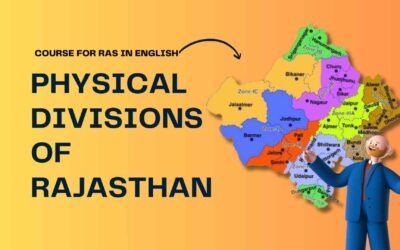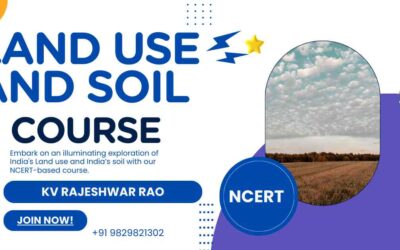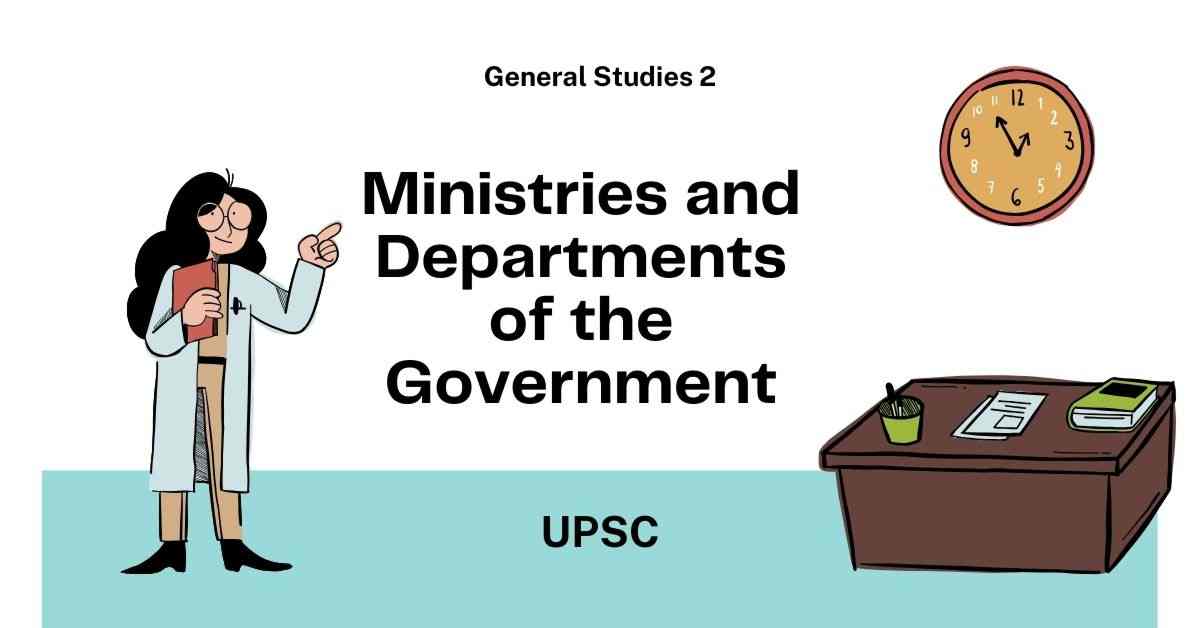Comprehensive course on Ministries and Departments of the Government
Vizmins presents you Focused Course for “Ministries and Departments of the Government”. Learn using Visual Card notes. Notes which are easy to read and easy to revise at the tips of your hands.
Overview
Ministries and Departments of the Government
The fabric of governance in any nation is woven intricately through the various ministries and departments that operate within its bureaucratic framework. For aspiring civil servants preparing for the Union Public Service Commission (UPSC) examinations, a profound understanding of these entities is indispensable. “Understanding Ministries and Departments of the Government” is a comprehensive course designed to equip UPSC students with the requisite knowledge about the functioning, structure, and significance of cabinet ministries, other ministries, public secretaries, and non-statutory bodies pivotal in the governance machinery of the nation.
Course Outline:
1. Introduction to Government Ministries and Departments:
– Understanding the concept of ministries and departments in the government.
– Distinction between cabinet ministries, other ministries, and their respective roles in governance.
– Overview of the hierarchy and organizational structure within ministries and departments.
2. Cabinet Ministries:
– In-depth analysis of key cabinet ministries such as Finance, Defense, Home Affairs, External Affairs, etc.
– Examination of the functions, responsibilities, and significance of each cabinet ministry.
– Case studies and real-world examples illustrating the impact and role of cabinet ministries in policymaking and governance.
3. Other Ministries and Departments:
– Exploration of ministries beyond the cabinet, including Health, Education, Agriculture, Environment, etc.
– Understanding the specialized functions and objectives of each ministry.
– Analysis of inter-ministerial coordination and collaboration for effective governance.
4. Public Secretaries and Administrative Machinery:**
– Role and responsibilities of public secretaries in facilitating administrative functions within ministries.
– Examination of the administrative machinery and its role in implementing government policies and programs.
– Case studies highlighting the challenges and best practices in administrative management.
5. Non-Statutory Bodies and Advisory Committees:
– Overview of non-statutory bodies such as planning commissions, regulatory authorities, and advisory committees.
– Understanding the role of non-statutory bodies in providing expert advice, policy formulation, and regulatory oversight.
– Analysis of the relationship between non-statutory bodies and government ministries in policy implementation.
**Conclusion:**
“Understanding Ministries and Departments of the Government” is not merely a course; it is a pathway to comprehend the intricate tapestry of governance that underpins the functioning of a nation. With a blend of theoretical insights, practical applications, and exam-oriented preparation strategies, this course aims to empower UPSC aspirants with the knowledge and skills necessary to navigate the complexities of government ministries and departments with confidence and proficiency. Join us on this enlightening journey towards becoming adept stewards of public service and champions of effective governance.







